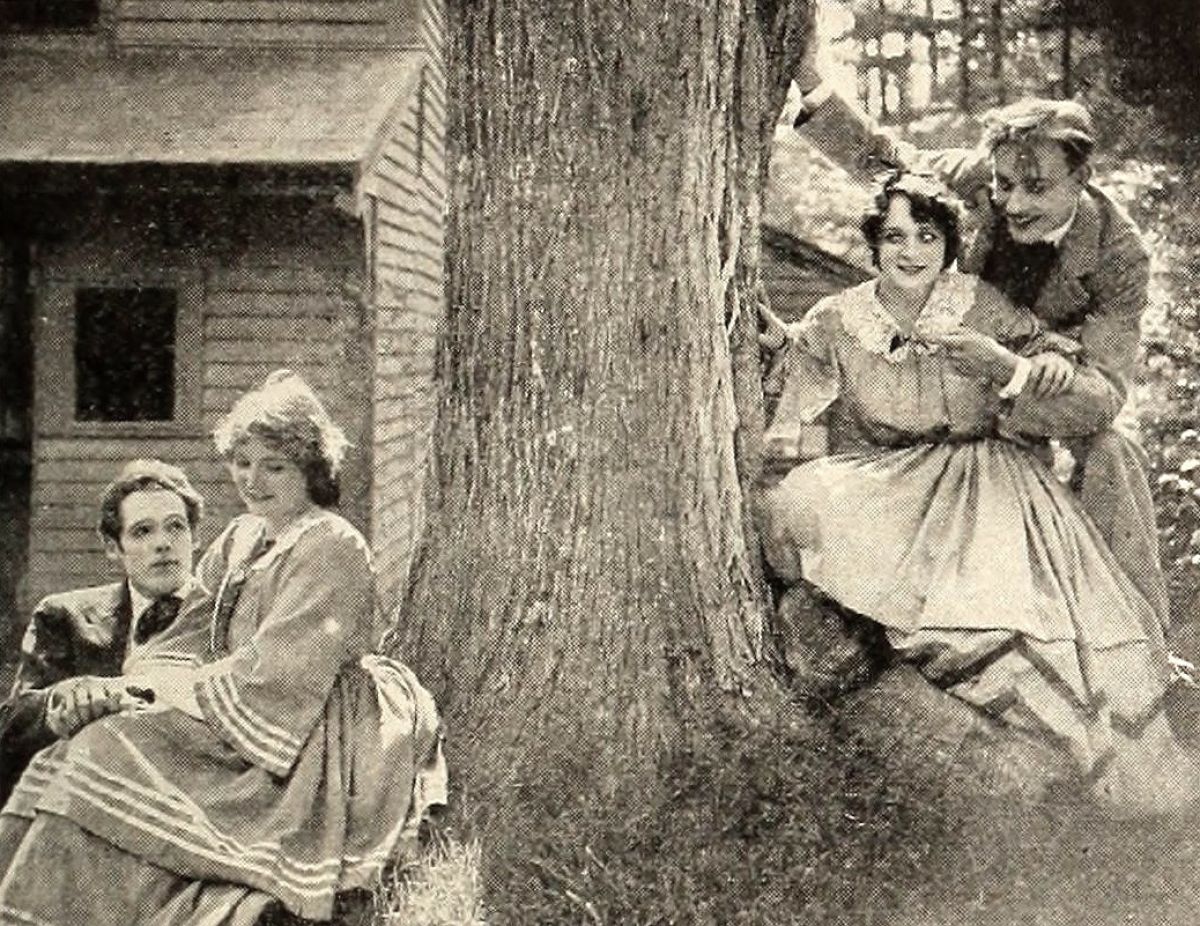Review: Little Women

Little Women (1994) was the first film that made me cry. I was a seven-year-old boy watching a period drama film and I wept.
There is no denying that the story is iconic – it touches many people in different ways, regardless of age, gender and most interestingly in relation to Jo March, sexuality.
It is always such a monumental undertaking to retell a story with such history and which so many people treasure. I can only commend Greta Gerwig for elegantly twisting, shaping and re-binding this story into one which is so relevant in the 21st century. Not only does this recent adaption capture the iconic and nostalgic aura of the story, but it also manages to make it feel like a breathing organism, which is so visceral and vibrant that it feels brand new.
Time is the most obvious originality in the film. Gerwig wrote the film with the sisters as adults. It is not until a large dancing sequence with Jo where the audience are transported back in time to the youthful March household, in which the sisters have barely begun their life journey.
The non-chronological, yet intensely significant ordering of the film, as it bounces backwards and forwards in two time-frames, forges a continually elevating pace as the childhood timeline energetically hurtles towards the adult timeline.
The swiftness and wit of the dialogue adds to the pace as well as forging a modern twist. Every department works together to seamlessly distinguish between the two timeframes; vibrant costume combines with intricately designed hair and precise colour grading. Transitions in time are further beautifully tempered by the delicate yet bold score which Gerwig briefed to be a cross between “Mozart and Bowie”.
Florence Pugh has been getting ample and deserved attention for her portrayal of Amy. The physicality of her acting beautifully differentiates the two timeframes and she creates a whole new and nuanced way of perceiving Amy with impressive comic timing and magnetic charm.
The power trio relationship of Gerwig working alongside Saoirse Ronan (Jo) and Timothee Chalamet (Laurie) also prove themselves an exceptional force to be reckoned with. Gerwig’s use of time in the film subtly explores the confusion of the character Jo, and by definition Louisa May Alcott who based the character on herself.
At the end of the film we see Jo being encouraged to end her story in romance with a man, inferring that this was not truly her desire or indeed the outcome in real life. Gerwig’s research included letters by Louisa May Alcott where she claims to be in love with women, as well as being a male in a female body. Added to the fact that the main female character , Jo, has a male name, and Laurie has a female name, the whole story is imbued with subtle comments on gender and sexuality which were nicely captured in the film.
The feeling of melancholy I got when leaving the movie theatre was for only one reason: I was sad to leave that marvellous world I had been transported to for two hours — that is the sign of truly impeccable cinema.
5/5.







